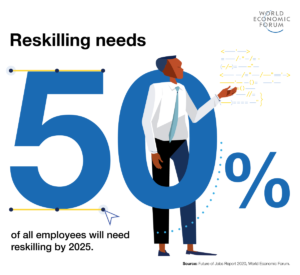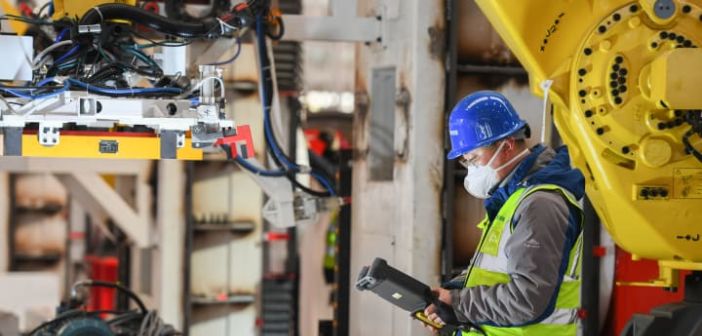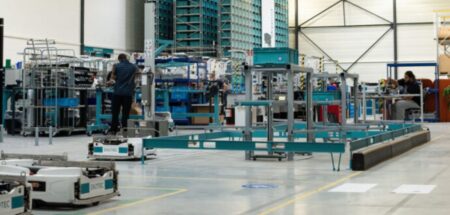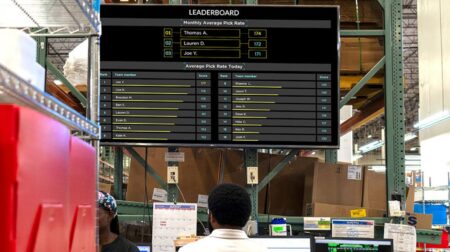A report by the World Economic Forum (WEF) has predicted that more jobs will be created by robotic deployment than jobs made redundant in adopting automation.
The Future of Jobs 2020 report concluded that robots will create 97 million new jobs and displace 85 million jobs over the next five years, with data processing, administrative tasks and routine manual jobs most at risk.

The WEF recommended that businesses that choose to reskill and upskill its current employees will benefit from the changes but there will be communities who require support from business and governments as a result.
According to the report, the coronavirus pandemic has caused the labour market to change faster than expected, with what used to be considered the ‘future of work’ having already arrived. It concluded that, for workers set to remain in roles in the next five years, nearly 50% will need to be reskilled.
Saadia Zahidi, managing director WEF, said: “Accelerating automation and the fallout from the Covid-19 recession has deepened existing inequalities across labour markets and reversed gains in employment made since the global financial crisis in 2007-2008.
“It’s a double disruption scenario that presents another hurdle for workers in this difficult time. The window of opportunity for proactive management of this change is closing fast. Businesses, governments and workers must plan to urgently work together to implement a new vision for the global workforce.”
Of those surveyed by the WEF, 43% of businesses said that they plan to reduce its workforce due to technology integration. The report also suggested employers will divide work between humans and machines with roles that leverage human skills increasing in demand.
Furthermore, the report found that employers recognise the value of reskilling its workforce, with 66% seeing a return on investment in training within one year and nearly half expected to be able to redeploy workers within its own organisation.
“In the future, we will see the most competitive businesses are the ones that have invested heavily in their human capital, the skills and competencies of their employees,” Zahidi added.








